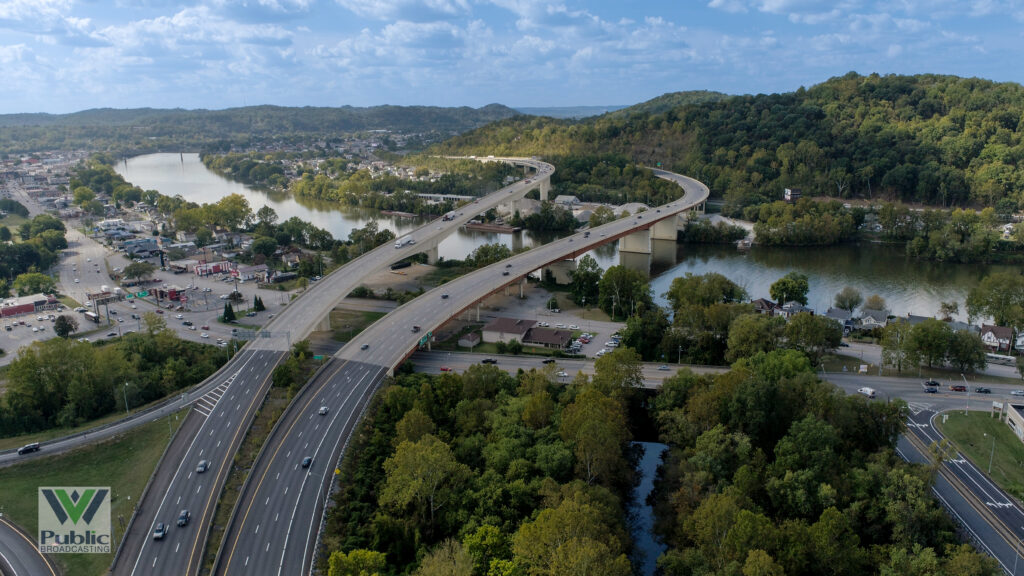A five year federal court case involving Union Carbide is moving into the next phase, and the company could have to pay pay a steep civil penalty.
The maximum penalty Union Carbide would pay for violating the Clean Water Act at a landfill it owns in South Charleston: $64,618 per violation per day.
In late September, the U.S. District Court for the Southern District of West Virginia ruled that the company has been in violation of the federal law since 2015. A landfill that discharges stormwater into navigable U.S. waterways must seek a permit under the Clean Water Act.
Union Carbide sought no such permit for the Filmont Landfill. The site is adjacent to Davis Creek, a tributary of the Kanawha River.
Union Carbide operated the landfill for about 30 years, but its existence wasn’t widely known until a 2018 lawsuit in federal court in Charleston.
The court also determined the Filmont Landfill was an illegal open dump under the Resource Conservation and Recovery Act. Union Carbide and Courtland Co., the plaintiff in the case, may both have to pay costs related to the cleanup of the site. Courtland’s South Charleston property is adjacent to Union Carbide’s.
The court will ultimately determine what penalty Union Carbide will pay, but added together, one violation over eight years could cost more than $188 million.
Union Carbide and Courtland will bring in expert witnesses to determine how many of those days Union Carbide was in violation.
Courtland has requested that the penalty phase of the trial take place in April 2024. The trial will determine other costs, including legal fees.
Union Carbide is a subsidiary of Dow Chemical.




















